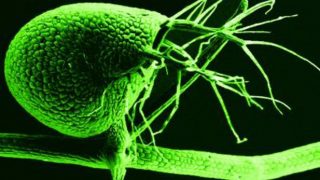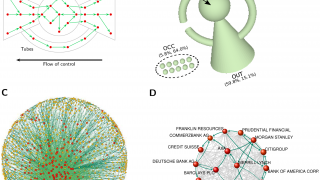
History and legend in the origins of Islam (III)
In the last entries of our series on the origins of Islam we shall explore some of the information contained in or directly connected to the Qur’an itself. As I explained in the previous article, the Holy Qur’an is the only important Arabic written document from the VIIth century. Even stone inscriptions in Arabic are […]








